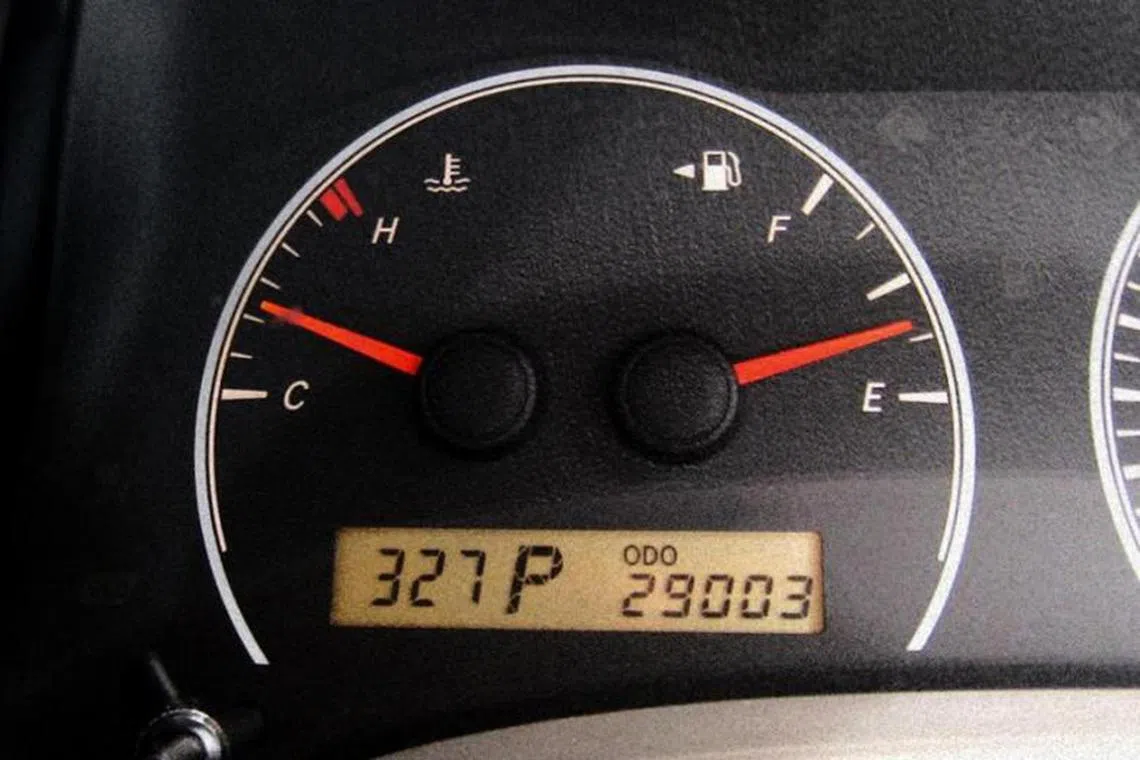Torque Shop: Beneficial to change engine oil more frequently than recommended by carmaker
Sign up now: Get ST's newsletters delivered to your inbox

Advancement in engine and lubricant technology has allowed the oil-change interval to be extended.
PHOTO: ST FILE
Shreejit Changaroth
Follow topic:
According to the owner’s manual, my car’s engine requires an oil change every 15,000km. This is much longer than on my previous car. What determines a car’s oil-change intervals?
Modern engines and automotive lubricants are constantly improving and this enables longer intervals for oil change. For example, 40 years ago, engines required an oil change every 3,000km. Today, the recommended interval for a Volkswagen Golf, for instance, is 15,000km.
The car manufacturer’s oil-change interval is derived from extensive trials during the car’s development. In any car, the engine oil deteriorates not just over time, but also because it is subject to thermal stresses, build-up of minute particles from normal wear and contamination from blow-by, which is combustion escaping past piston rings into the crankcase – this happens even with engines with lower mileages.
Using the engine oil for longer than recommended leads to sludge formation. In the extreme, the sludge clogs up the oil passages, which deprives various moving parts of lubrication, blocks oil-flow through the filter and impedes the oil pump’s performance.
Singapore’s constantly high ambient temperatures and frequent stop-start city driving conditions are particularly harsh on the engine oil, changing the chemistry. This reduces the oil’s ability to lubricate the moving parts within the engine.
For local conditions, it might be beneficial to replace the engine oil and filter a little sooner than recommended. There is no fixed formula to this practice, but this is one way to ensure your engine is constantly well-lubricated.
Reducing the oil-change interval is also advisable as the engine gets older with more mileage. Due to wear and tear, there will be an inevitable increase in blow-by. Of course, more frequent oil-change service means higher operating costs, but there is absolutely no detriment to the engine’s health.
The most critical factor to bear in mind is that the oil must be of the specification stated in the owner’s manual. Never use engine oils that claim to increase engine performance or those that claim to sustain longer than the usual oil-change intervals.

As the car ages with more mileage, it may be a good idea to change the engine oil more frequently.
PHOTO: THE NEW PAPER

